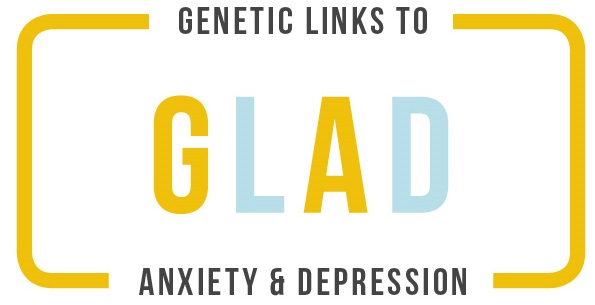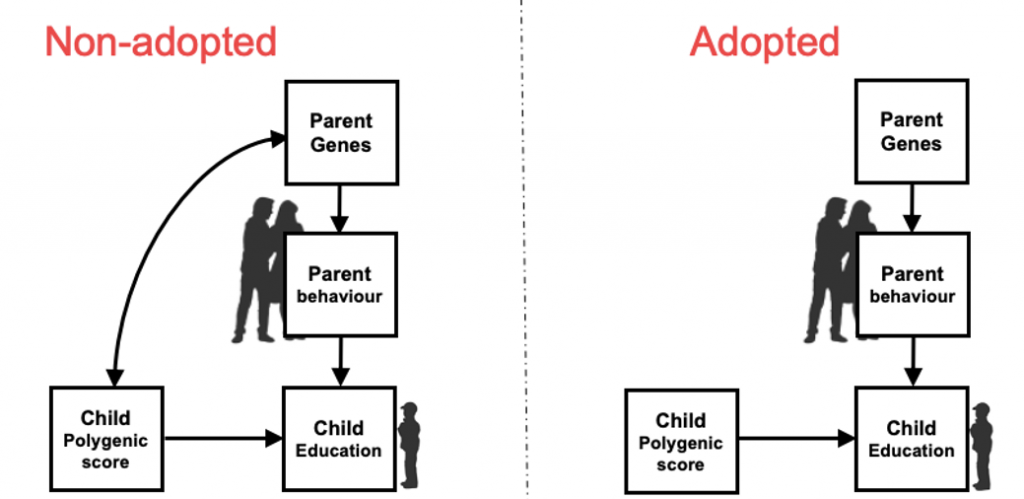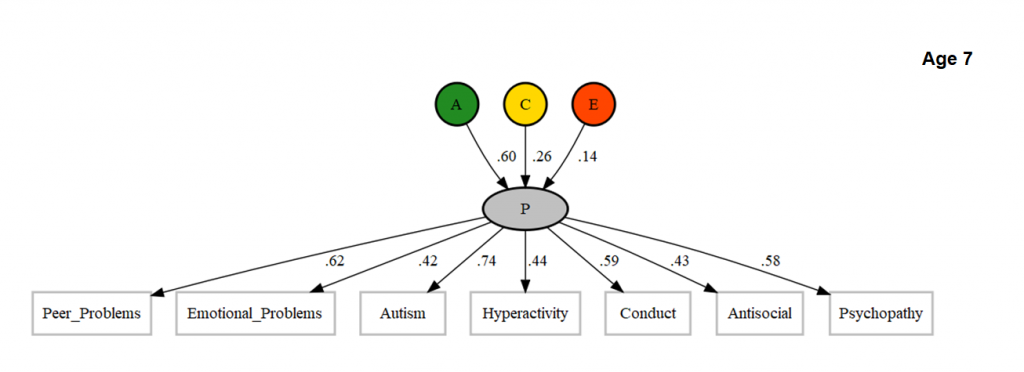
In this blog, Placement student Steven Bright writes about the evidence behind different coping behaviours during the COVID-19 pandemic. Over the past year, we’ve all been trying to adapt to our new way of life during the pandemic. Whether it’s exercising at home or video chatting with loved…










Recent Comments